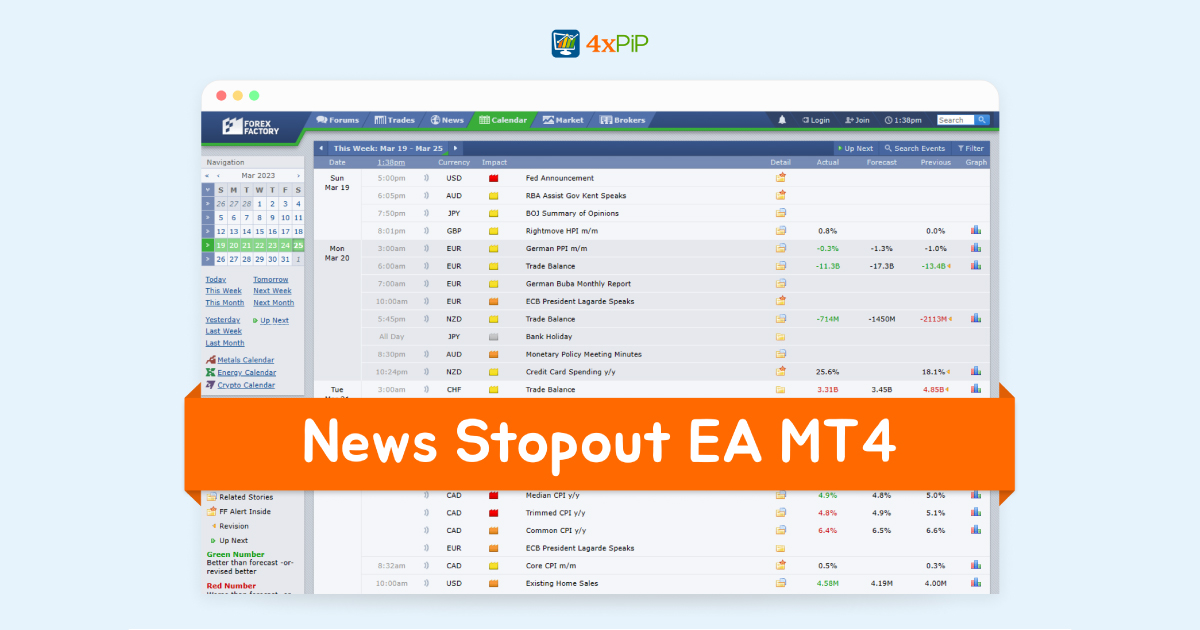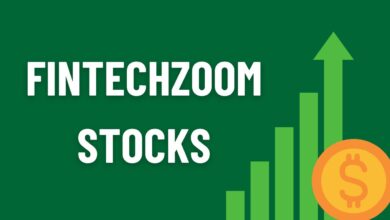What are primary functions of Foreign exchange market?
Introduction:
Foreign exchange market, often referred to as forex or FX markets, are global decentralized platforms where currencies are traded. These markets facilitate the exchange of one currency for another, enabling international trade and investment.
Key features:
Key features of foreign exchange markets include:
- Decentralization: Unlike stock markets that have centralized exchanges, forex markets operate globally without a central marketplace. Instead, trading occurs over-the-counter (OTC) through a network of banks, financial institutions, corporations, governments, and individual traders.
- 24-Hour Trading: Forex markets operate 24 hours a day, five days a week, starting from the opening of the Asian session in Sydney and ending with the closing of the American session in New York. This continuous trading allows participants from around the world to engage at any time, responding to geopolitical events, economic news, and market developments.
- Liquidity: The forex market is the most liquid financial market globally, with a daily trading volume exceeding $6 trillion USD. This high liquidity ensures that traders can execute trades quickly and at stable prices, even for large transactions.
- Currency Pairs: In forex trading, currencies are quoted in pairs, representing the relative value of one currency against another. The most commonly traded pairs include EUR/USD (Euro/US Dollar), USD/JPY (US Dollar/Japanese Yen), and GBP/USD (British Pound/US Dollar). Each pair has a base currency and a quote currency, with the exchange rate indicating how much of the quote currency is needed to purchase one unit of the base currency.
- Volatility: Forex markets are known for their volatility, driven by factors such as interest rate changes, geopolitical events, economic data releases, and market sentiment. While volatility presents opportunities for profit, it also increases the risk of losses, making risk management crucial for forex traders.
- Market Participants: Participants in the forex market include central banks, commercial banks, hedge funds, multinational corporations, retail traders, and speculators. Each participant plays a unique role, with central banks often intervening to stabilize their domestic currencies, while hedge funds and speculators seek to profit from price fluctuations.
- Factors Influencing Exchange Rates: Exchange rates are influenced by various factors, including interest rates, inflation, economic growth, geopolitical stability, trade balances, and market speculation. Traders analyze these factors to forecast future exchange rate movements and make informed trading decisions.
Overall, foreign exchange markets serve as the backbone of global commerce, providing liquidity, price discovery, and a mechanism for managing currency risk. Whether for speculative purposes or hedging against currency fluctuations, forex markets play a vital role in the interconnected world of finance.

Primary functions:
The primary function of the foreign exchange market (forex market) is to facilitate the exchange of currencies between countries. This exchange is essential for various reasons, including:
- International trade: Businesses need to convert their currency into the currency of the country they are importing or exporting from in order to pay for goods and services.
- Foreign investment: Investors often invest in companies or assets denominated in foreign currencies, and the forex market allows them to exchange their home currency for the foreign currency they need.
- Tourism and travel: Travelers need to exchange their home currency for the currency of the country they are visiting in order to pay for expenses.
The foreign exchange market also plays a role in:
- Price discovery: The exchange rate between two currencies is determined by supply and demand in the forex market. This process helps to discover the fair market value of each currency.
- Risk management: Businesses and individuals can use the forex market to hedge against foreign exchange risk, which is the risk that the value of their currency will fluctuate.
Types of participants in the foreign exchange market:
The vast foreign exchange market encompasses a diverse range of participants, each contributing to its dynamic nature in unique ways. Here are some of the main types of participants and their influence on market dynamics:
- Commercial Banks:
- Function: Facilitate most of the daily trading volume, acting as intermediaries for businesses and individuals, converting currencies for international transactions, and managing their own foreign exchange exposure.
- Influence: Their large transaction volumes significantly impact exchange rates, with larger trades causing greater price fluctuations.
- Central Banks:
- Function: Oversee monetary policy, aiming to maintain price stability and manage the exchange rate of their domestic currency. They can intervene in the market by buying or selling their own currency to influence its value.
- Influence: Their interventions can have a significant and immediate impact on exchange rates, depending on the size and direction of their actions.
- Investment Firms and Hedge Funds:
- Function: Manage large pools of capital and engage in speculative trading, seeking to profit from fluctuations in exchange rates. They may use various strategies, including arbitrage and carry trade.
- Influence: Their large trading volumes can contribute to short-term volatility, especially when they engage in coordinated strategies or react to market news.
- Multinational Corporations (MNCs):
- Function: Engage in cross-border trade and investment, requiring constant conversion between currencies. They may also use the market to hedge their foreign exchange risk.
- Influence: Their regular conversion needs contribute to daily trading volume, while their hedging activities can influence specific currency pairs depending on their exposure.
- Retail Investors:
- Function: Participate in the market through online platforms, often with smaller trading volumes compared to larger players. They may trade for various reasons, including speculation, long-term investment, or hedging personal foreign exchange needs.
- Influence: While their individual impact is smaller, their collective activity can contribute to market movements, especially during periods of high volatility or when following specific trends.
4xPip:
4xPip provides guidance on the foreign exchange market. It is important to be cautious when encountering information online, especially regarding financial matters. Before following any advice or recommendations about the foreign exchange market, it is crucial to:
- Conduct thorough research: Verify the legitimacy and credibility of the source. Look for reputable websites or educational resources from established financial institutions or organizations.
- Seek professional guidance: Consider consulting with a qualified financial advisor who can provide personalized advice based on your specific circumstances and risk tolerance.
- Be wary of unrealistic claims: Avoid websites or individuals promising guaranteed profits or high returns with minimal risk in the foreign exchange market. This type of activity is often associated with scams or misleading information.



